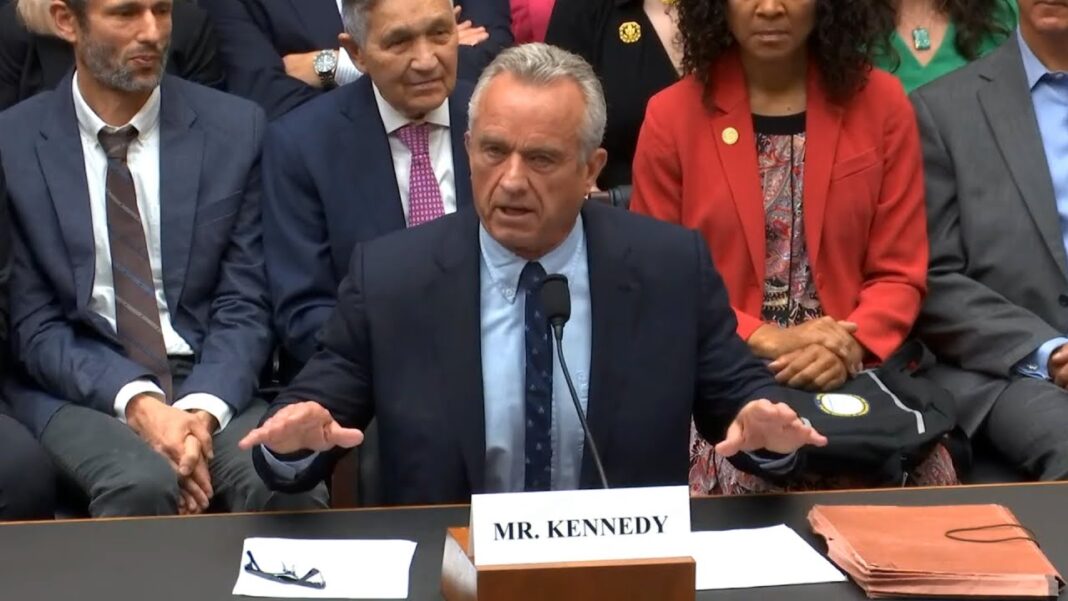Country music singer Jason Aldean has addressed recent accusations surrounding his music video for the song “Try That in a Small Town” in a statement released on Tuesday.
Taking to Twitter, Mr. Aldean refuted claims that the song contains racial undertones or supports lynching, stating that the references made against him are “not only meritless but dangerous.”
The singer’s statement comes in the wake of criticism since Friday, in which he was accused of releasing a purportedly “pro-lynching” song that had been out since May. Additionally, he faced accusations that he expressed displeasure toward the nationwide Black Lives Matter (BLM) protests.
“In the past 24 hours, I have been accused of releasing a pro-lynching song … and was subject to the comparison that I (direct quote) was not too pleased with the nationwide BLM protests,” Mr. Aldean wrote on Twitter. “These references are not only meritless, but dangerous.”
Mr. Aldean denied any racist intent in his song, asserting that “there is not a single lyric in the song that references race or points to it.” He also stressed that the accompanying music video features “real news footage” and contains no imagery that could be construed as promoting violence or hatred.
“While I can try and respect others to have their own interpretation of a song with music—this one goes too far,” he said.
The country singer, who was on stage at the tragic 2017 Route 91 Harvest music festival shooting, emphasized that he has personally experienced the devastating consequences of senseless violence.
“NO ONE, including me, wants to continue to see senseless headlines or families ripped apart,” he added.
“Try That in a Small Town,” according to Mr. Aldean, is rooted in nostalgia for the tight-knit community he grew up in, where people cared for their neighbors regardless of their backgrounds or beliefs.
He asserted that the song is not about promoting any specific political agenda, but rather about the desire for a return to normalcy where headlines are less consumed by tragedy and division.
“My political views have never been something I’ve hidden from,” Mr. Aldean added, acknowledging that not everyone in the country shares the same opinions on how “we get back to a sense of normalcy where we go at least a day without a headline that keeps us up at night.”
Nevertheless, he emphasized that the song’s essence lies in the yearning for a better future, free from the constant specter of violence and discord. That’s “what this song is about,” he says.
Mr. Aldean insisted that the song’s intentions have been grossly misinterpreted. He concluded his statement by expressing his hope that fans and critics alike will listen with an open heart and understand the true message behind the song.
Read Full Article on TheEpochTimes.com





